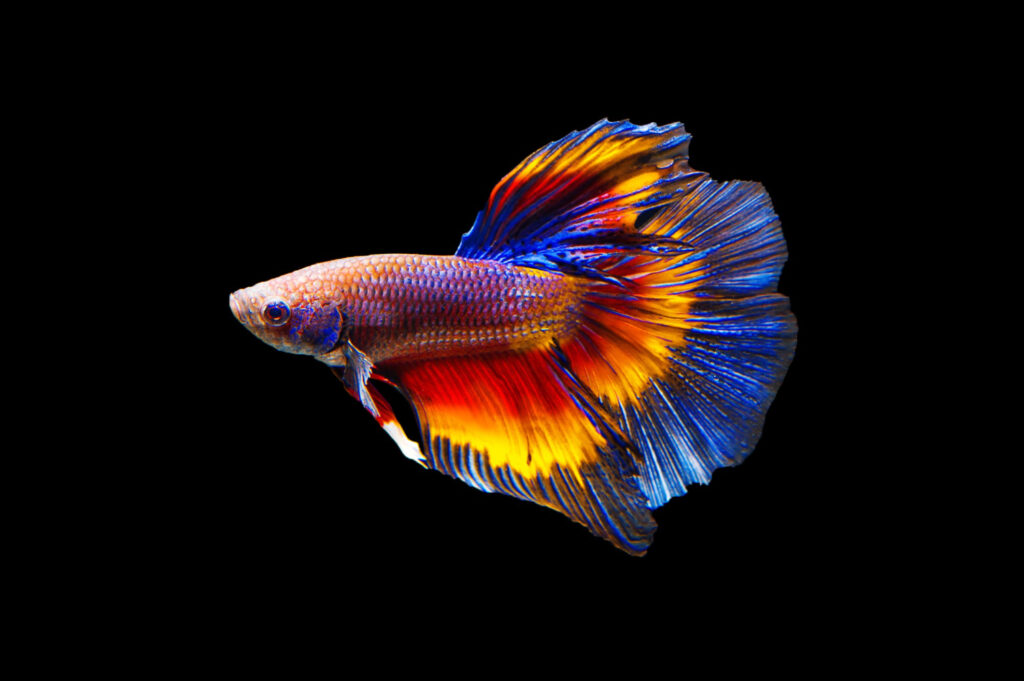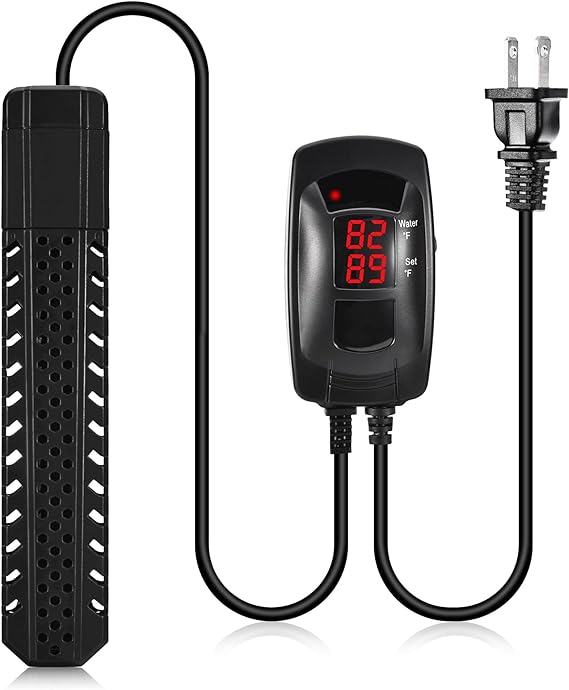The Optimum Betta Fish Temperature: A Comprehensive Guide
Betta fish, with their vibrant colors and flowing fins, stand out among the most popular and striking home-based aquatic pets. Though they are regarded as fairly easy to care for, maintaining the optimal betta fish temperature is an essential aspect that every Betta fish owner should properly understand.
Understanding Betta Fish and Their Origin
Betta fish are native to Southeast Asia’s tropical parts, predominantly Thailand, Cambodia, and Vietnam. These areas are characterized by a hot, humid climate, and betta fish are found in shallow, slow-moving water bodies. As a result, they’ve adapted to warm temperatures and low levels of oxygen. Hence, achieving the right betta fish temperature in artificial environments is crucial for their survival.

The Ideal Temperature for Betta Fish
Betta fish thrive in water temperatures ranging from 76 to 80 degrees Fahrenheit (24 to 27 degrees Celsius). This range closely resembles their natural environment. Any temperature either below or above could potentially stress a Betta fish, leading to a weakened immune system and resulting in various health problems.
Maintaining stability in the betta fish temperature is also crucial. Sudden or frequent changes in temperature can lead to thermal shock, causing severe stress or, in extreme cases, can even be fatal.

Maintaining the Correct Temperature
Ensuring your Betta fish live in the ideal temperature requires a few tools. A reliable aquarium heater and thermometer are vital. Here are steps to maintain the correct betta fish temperature:
- Setup an aquarium heater: Most heaters today are fully submersible and come with a temperature setting. Set it within the recommended range.
- Install a thermometer: A good quality thermometer helps keep a check on the water temperature. Position it at the opposite end of the heater for the most accurate readings.
- Monitor the temperature: Regularly check the temperature reading on the thermometer. Adjust the heater’s settings accordingly if it falls outside the ideal range.
Recognizing Signs of Incorrect Temperature
Recognize the signs of incorrect betta fish temperature to be proactive in your pet’s health. When the water is too cold, bettas become lethargic, decrease eating, display a loss of color, and are more susceptible to diseases due to a weakened immune system. In contrast, if the water is too warm, bettas may become overly active leading to rapid respiration, and their metabolism may increase causing a shorter lifespan.

Commonly Asked Questions About Betta Fish Temperature
- What Happens If the Temperature is Too Low or High?
A low betta fish temperature leads to a slowed metabolic rate causing lethargy and loss of appetite. A high temperature increases the metabolic rate, leading to increased activity, reduced oxygen in water, and a shorter lifespan. - How Can I Warm Up My Betta Fish Tank Without a Heater?
While an aquarium heater is the best way to maintain the temperature, temporary measures include using a heat lamp, increasing room temperature, or insulating the tank using a blanket. However, these methods are typically inconsistent and less reliable. - Can Betta Fish Tolerate Cooler Temperatures?
While betta fish can survive in cooler environments, consistent exposure to lower temperatures will eventually weaken their immune system and affect their health.
Conclusion
Maintaining the right betta fish temperature is a core aspect of Betta fish care. This practice not only ensures that your pet lives in a comfortable environment but also contributes significantly to its overall health and longevity. By understanding the importance of temperature, being proactive, and promptly administering necessary adjustments, you’ll ensure your aquatic companion thrives and lives a vibrant and healthy life.

